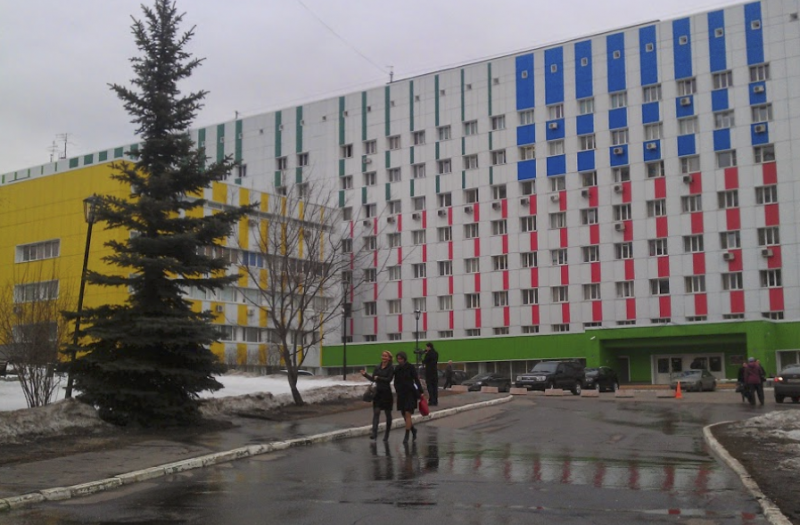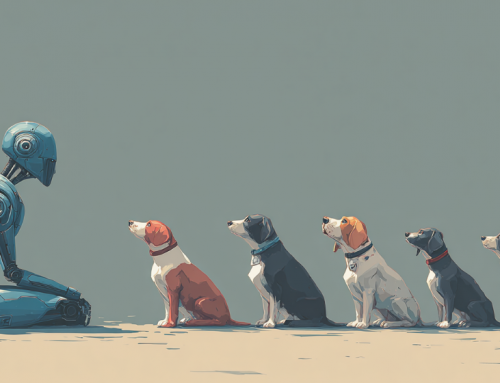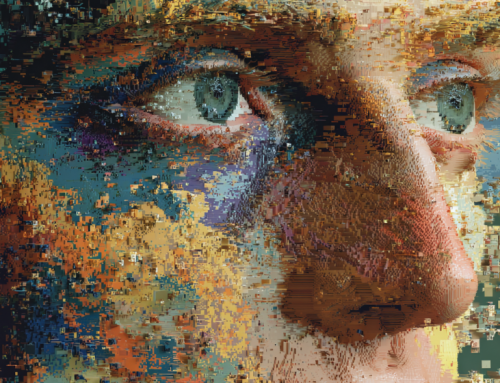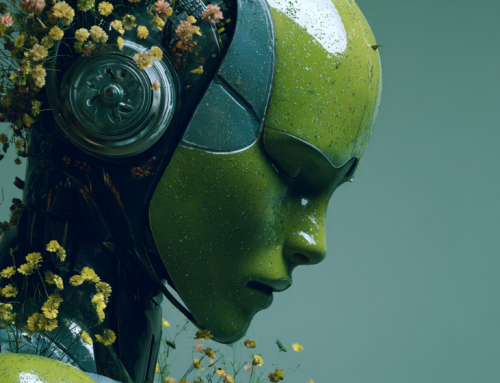Scientist May Create CRISPR Babies despite Unknown Consequences
Suppose your child, who as yet is unborn, has a “deafness” gene that will undeniably rob them of hearing. How far would you go to make sure your child will have a life of sounds instead of silence?
A futurism.com story explores the latest planned use of CRISPR by Russian biologist Denis Rebrikov to create gene-edited embryos. He told told Nature magazine he wants to eliminate a gene that leads to deafness. To date, only one person—Chinese scientist He Jiankui—has ever openly produced gene-edited babies, with the claim that the edits prevented the babies from inheriting their fathers’ HIV.
Five sets of parents have agreed to allow the Russian scientist access to their DNA, because each parent is deaf due to mutations in their GJB2 gene. When two people with those mutations reproduce, children are born deaf.
“It is clear and understandable to ordinary people,” he told Nature. “Each new baby for this pair would be deaf without gene mutation editing.”
If Rebrikov is going to move forward with using CRISPR on human embryos — and it seems there’s nothing anyone outside of Russia can do to stop him. However, the Kulakov National Medical Research Center for Obstetrics, Gynecology and Perinatology in Moscow will need to get government approval to go forward, according to an MIT story.
While many scientists back Rebrikov in his use of CRISPR to heal imperfections, other scientists beleieve the technology should only be used to save a child’s life.
The technology may correct defects and even save lives in the current generation, but the end result may not be clear for two or three or more generations in the future, scientists warn.
read more at technologyreview.com








Leave A Comment